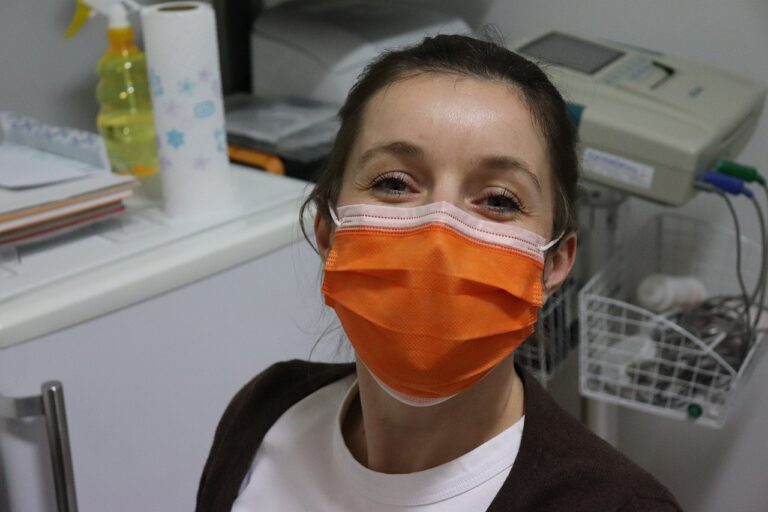Recognizing and Addressing PTSD in Sexual Assault Survivors
allpanel com, best online cricket id, gold 365 cricket:Sexual assault is a traumatic experience that can have long-lasting effects on survivors. One common outcome of sexual assault is Post-Traumatic Stress Disorder (PTSD), a mental health condition that can develop after a person experiences a traumatic event. Recognizing and addressing PTSD in sexual assault survivors is crucial for their healing and recovery.
Signs and Symptoms of PTSD in Sexual Assault Survivors
1. Flashbacks: Survivors may experience intrusive memories of the assault, causing them to feel as if they are reliving the traumatic event.
2. Nightmares: Many survivors of sexual assault experience nightmares related to the assault, which can disrupt their sleep and contribute to feelings of fear and anxiety.
3. Avoidance: Survivors may avoid situations, people, or places that remind them of the assault, leading to social isolation and withdrawal.
4. Hypervigilance: Sexual assault survivors may constantly feel on edge, anticipating danger and being easily startled.
5. Negative changes in mood and thoughts: Survivors may experience feelings of guilt, shame, or self-blame. They may also develop negative beliefs about themselves or the world.
6. Emotional numbness: Some survivors may feel emotionally detached from others, finding it difficult to experience joy or pleasure.
Treatment Options for PTSD in Sexual Assault Survivors
1. Therapy: Cognitive-behavioral therapy (CBT) is often recommended for treating PTSD in sexual assault survivors. CBT helps survivors identify and change negative thought patterns and behaviors related to the assault.
2. Medication: Antidepressants and anti-anxiety medications may be prescribed to help manage symptoms of PTSD in survivors.
3. Support groups: Joining a support group for sexual assault survivors can provide a sense of community and understanding, helping survivors feel less alone in their experiences.
4. Self-care: Encouraging survivors to practice self-care activities such as exercise, meditation, and relaxation techniques can help reduce stress and improve overall well-being.
5. Seeking help from a mental health professional: It’s essential for sexual assault survivors experiencing PTSD symptoms to seek help from a qualified mental health professional who specializes in trauma and PTSD.
6. Creating a safety plan: For survivors who are still in danger or fear for their safety, creating a safety plan with the help of a therapist or advocate is crucial.
7. Building a support network: Having a strong support system of friends, family, and trusted individuals can help survivors feel supported and validated in their experiences.
Remember, healing from sexual assault and PTSD is a journey and may take time. It’s essential to be patient and compassionate with yourself as you navigate the healing process.
FAQs
Q: How common is PTSD in sexual assault survivors?
A: Studies have shown that a significant percentage of sexual assault survivors develop PTSD. It’s essential for survivors to seek help from mental health professionals to address and manage their symptoms.
Q: Can PTSD from sexual assault be treated?
A: Yes, PTSD from sexual assault can be effectively treated through therapy, medication, support groups, and self-care practices. It’s crucial for survivors to reach out for help and support.
Q: What should I do if I suspect someone is experiencing PTSD from sexual assault?
A: If you suspect someone is experiencing PTSD from sexual assault, it’s essential to approach the situation with care and compassion. Encourage the individual to seek help from a mental health professional and offer your support and understanding.
In conclusion, recognizing and addressing PTSD in sexual assault survivors is crucial for their healing and recovery. By seeking help from mental health professionals, engaging in therapy, and practicing self-care, survivors can begin to heal from the trauma of sexual assault and move towards a brighter future.







